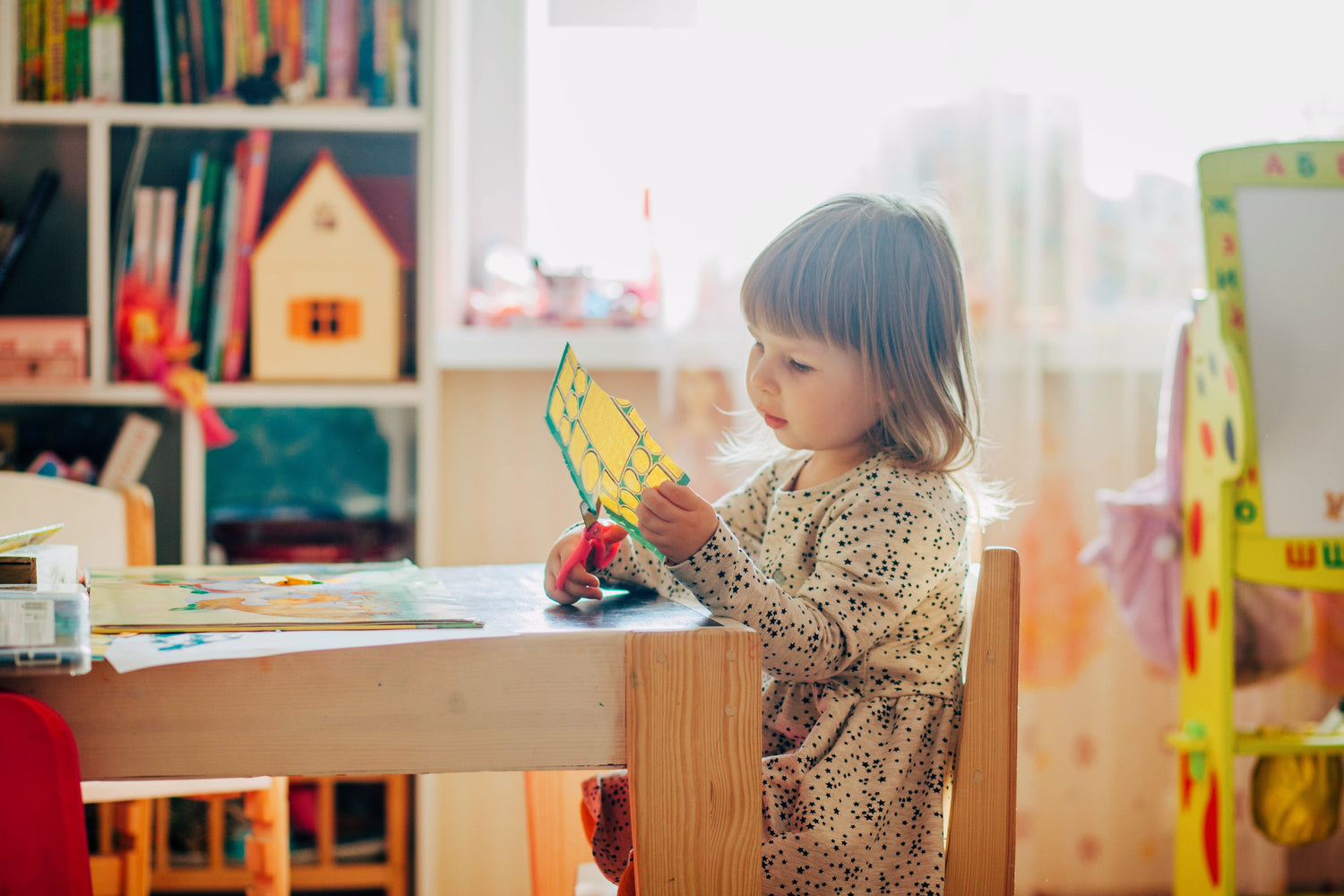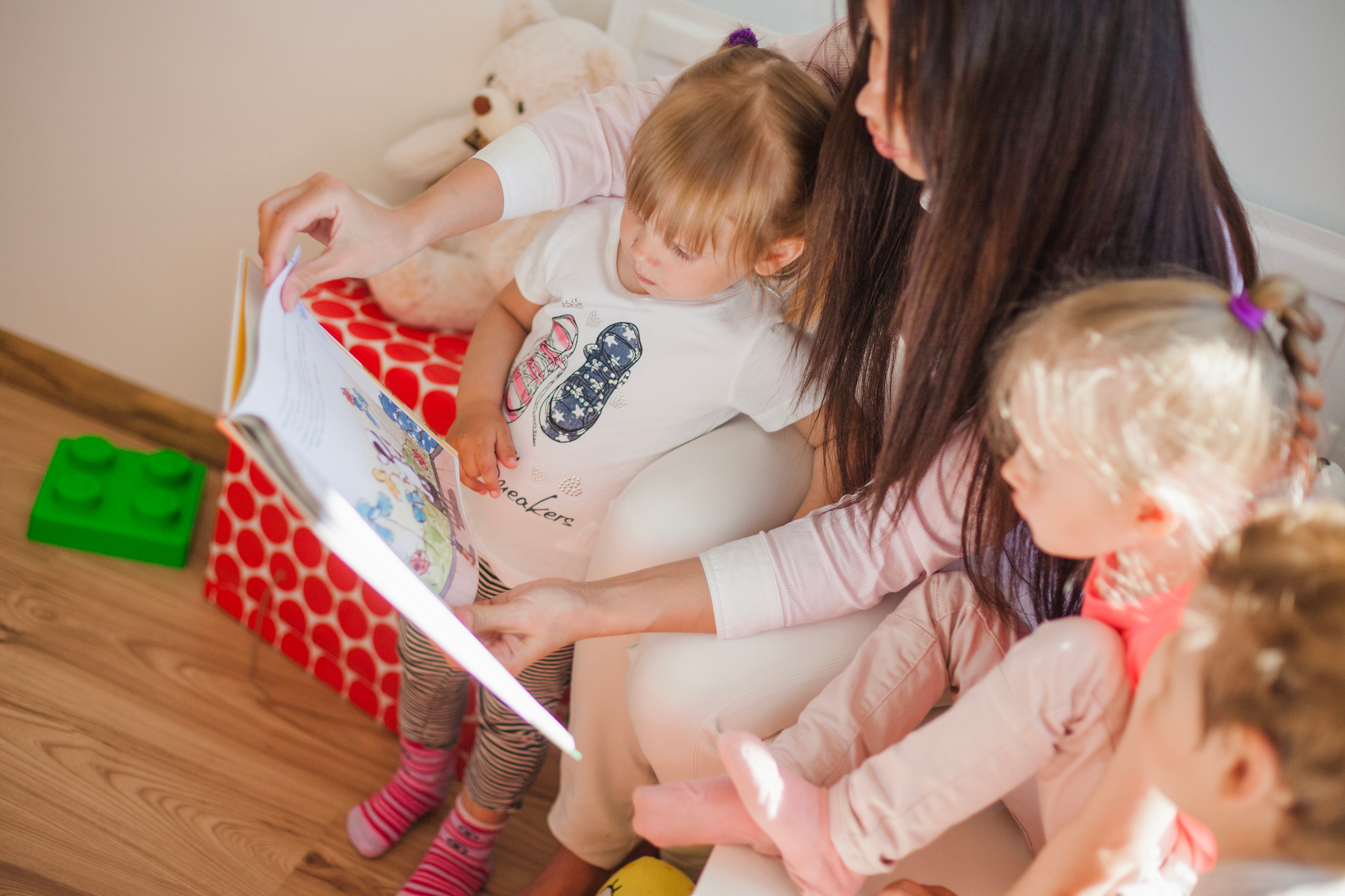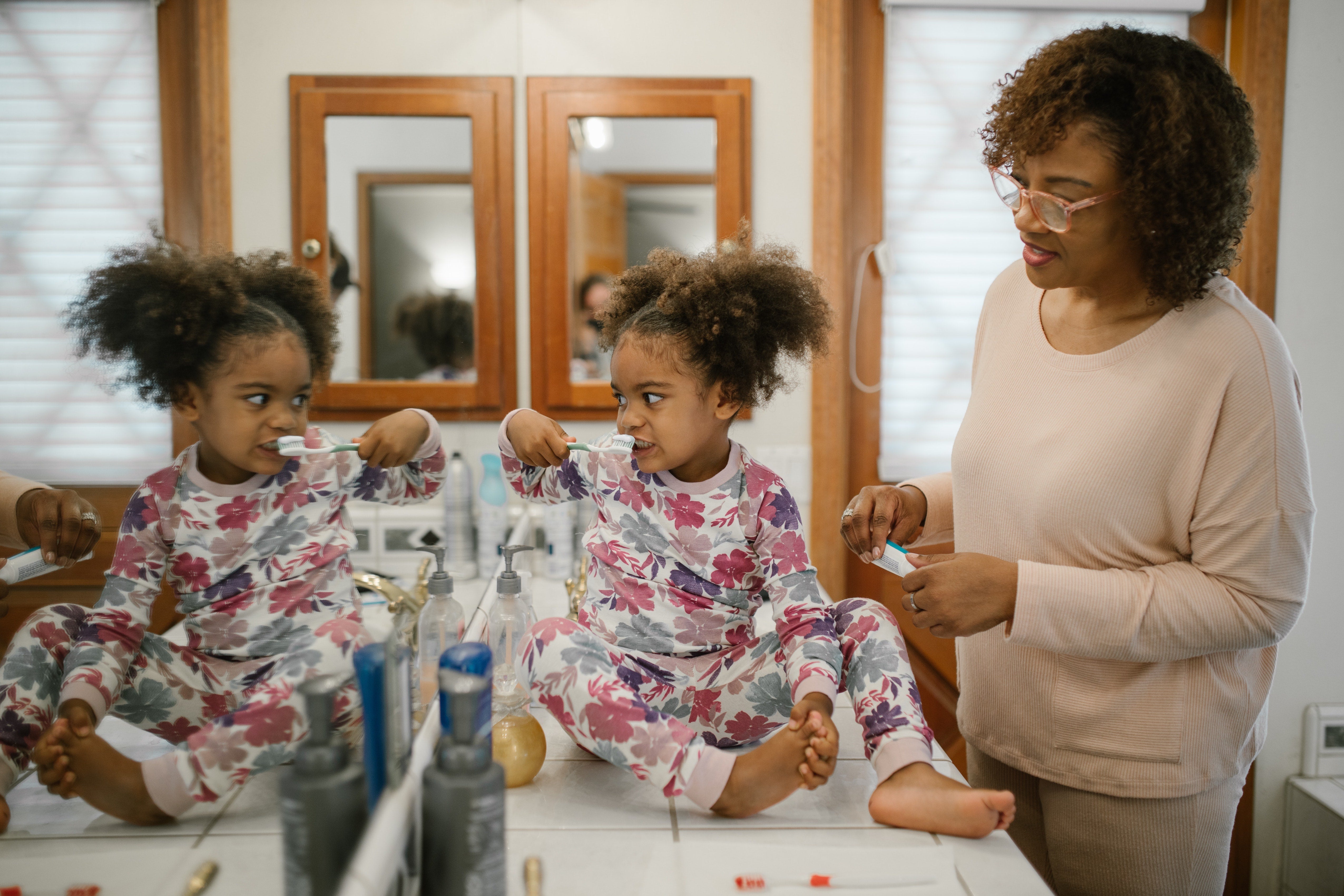Kids don't always find it easy to adjust to a new environment. So, what are the signs that you should let go and try something else?
You've searched, collected recommendations, researched, and seen dozens of kindergartens. In the end, you chose the one that seemed perfect for your child. But you can't help but wonder if they are getting the best care and attention, even when you're not around. Dana Amar, a certified behavior analyst with a master's degree in education, a lecturer, and a family support specialist, advises starting from the end: It's natural to feel uneasy, and this feeling may not fade with time. It's a new feeling, and it's here to stay. You will always be curious and concerned about your child, and their role is to express their feelings and needs along the way. You need to be attentive and remain attuned to the signals.
This is the place to remember that all beginnings are tough. Adjusting to a new kindergarten is a challenge for both the child and you. It may involve a variety of new behaviors that suddenly appear out of the blue. The questions you should always ask are: How long will these behaviors last? What is their intensity and frequency? If the child feels good in kindergarten and sees it as a pleasant and safe place, the adjustment difficulties should pass after two or three weeks.
On the other hand, pay attention to the signs that may indicate that the child is not happy in kindergarten, and you might consider switching:
Unwillingness to go to kindergarten: It's normal for many children to have difficulty with separation and not want to go to kindergarten, but this challenge should eventually pass.
If the child shows recurring and changing behaviors like crying, clinging to a parent, refusing to get out of the car, or verbal refusal with phrases like "I don't want to" and so on, it might indicate that the child does not feel comfortable in kindergarten and does not see it as a pleasant place to be in.
Unsuccessful end of the day: While much emphasis is often put on the morning separation, the renewed meeting at the end of the day is equally important. If the child comes back to you happily, running, hugging, sharing creations or songs - that's great! But if the child returns in tears, clinging, and not sharing much, it's a sign that they might not have had a pleasant day.
Persistent regression: Some children may show behaviors like clinging to a pacifier, a transitional object, a parent, difficulty falling asleep, or disruptions in their daily routine in the beginning, but these should eventually pass. If these behaviors persist or intensify, it may indicate that the child does not feel safe and comfortable in the environment.
Negative reactions to staff members: As familiarity grows, trust naturally builds. the child should feel comfortable and experience staff members as people who can help, comfort, and take care of them. If the child is withdrawn, indifferent, or clinging to a parent even after the adaptation period, it's a warning sign.
Frequent physical injuries: It's entirely normal for kids to have occasional accidents in kindergarten. Everyone falls, gets bitten, or sometimes comes back hungry, but if this keeps happening, it's essential to check if the supervision and care are adequate.
Your inner voice: As a mother, your intuition is a valuable tool. Stay alert to your instincts and don't hesitate to ask staff for information. Surprise visits can also be helpful. Listen carefully to what you hear beyond the kindergarten fence and try to get an overall sense of the atmosphere. After the adaptation period, kindergarten should be a happy and joyful place. Pay attention to whether you hear more laughter or crying.
In conclusion, it's essential to remember that you won't find the perfect kindergarten, and your child is strong enough to cope. As long as it's not about neglect, abuse, or violence, and as long as the home is a strong and safe haven for the child, the new framework and environment will help them postpone their needs, develop flexibility and problem-solving skills, and, most importantly, gain confidence in themselves and their surroundings.
Jama App was created with the goal of providing support to mothers from birth to three years old and curating content, activities, expert tips, and videos to accompany them throughout this challenging period. All the content in the app is "Growing Together" with you, tailored precisely to your baby's developmental stages, ensuring that mothers receive only what is relevant and interesting to them at any given moment.
Jama App is the place for mothers to meet and connect with other moms, forming new and exciting friendships on this fascinating journey.
Join Jama and become part of the large community of mothers ♥️




Leave a comment
This site is protected by hCaptcha and the hCaptcha Privacy Policy and Terms of Service apply.